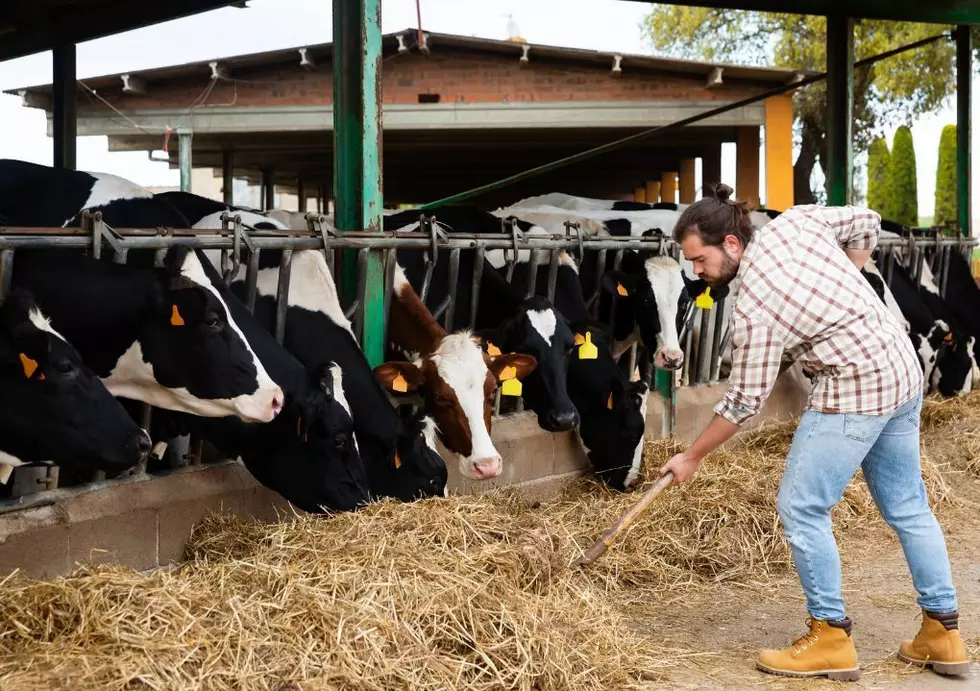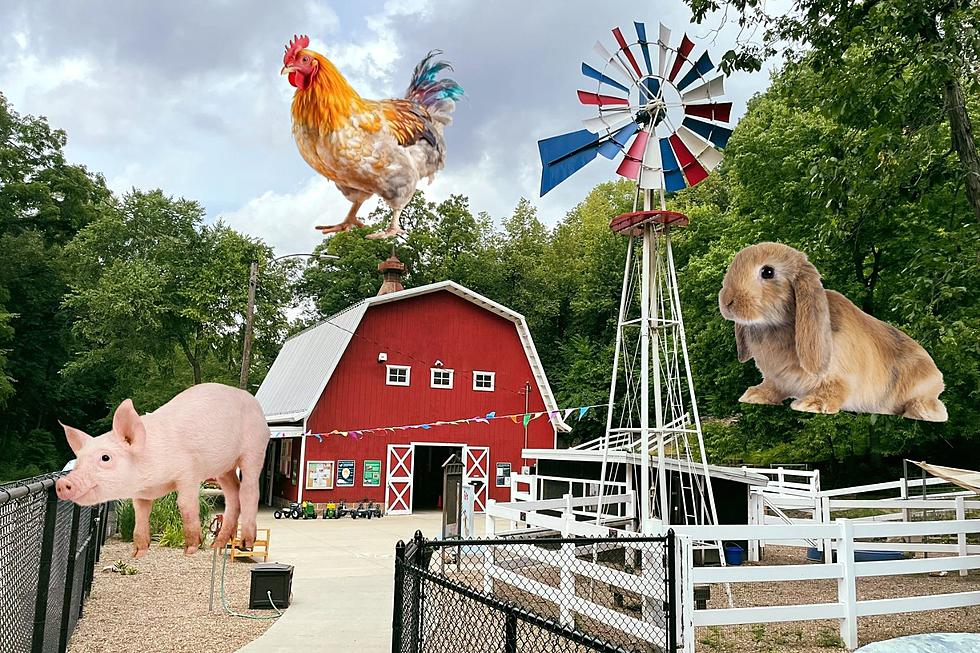
How Can Iowa Farmers Get Ahead Of Power Outages?
When I think back to when I used to milk cows, a lot of electricity was being used. You have the milking machines, the fans, the tanks, and little things that you may overlook until a disaster hits.

Looking at this summer, experts are warning people in Iowa and 14 other states of rolling blackouts, and if you raise livestock, this might not be the best on the farm.
As the nation shifts away from fossil fuel power plants to renewable energy, the capacity of energy has declined. According to Midcontinent Independent System Operator (MISO) says the demand is expected to increase 1.7% over the next few summers, while generation capacity has declined by 2.3%.
Even if two of Iowa's largest utility companies, MidAmerican and Alliant have enough energy to meet increased demand--which they say they will--if the feds call for rolling blackouts to preserve supply, they will be prepared to comply. These rolling blackouts will occur for 1-2 hours at a time for groups of customers. The only exceptions would be for essential facilities like hospitals.
So, if Iowa is hit by these “rolling blackouts” we are expecting or even power outages from natural causes, what can farmers do to prepare for them?
Preparing For Power Outages On The Farm
Outages always seem to happen when you least expect them, and when you need power the most. If you do not have a plan, it can have a great impact on the operation of your farm on both the livestock and crop side. By preparing now for these outages, farmers can minimize the impact outages can have on the farm.
LOOK: The most extreme temperatures in the history of every state
More From 94.1 KRNA









